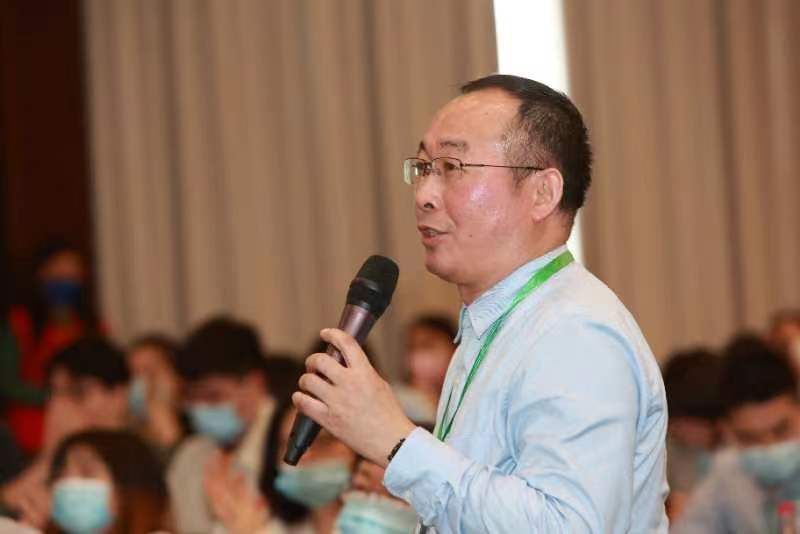Professor Lu Yonglong Appointed as ISC Fellow
The International Science Council (ISC) recently announced the list of elected ISC Fellows for 2022. Lu Yonglong, academician of the Academy of Sciences for the Developing World, foreign academician of the Academia Europaea/Russian Academy of Sciences, and Chair Professor at Xiamen University, was elected as a Fellow of the International Science Council (ISC) for 2022.
In his congratulatory letter, Peter Gluckman, President of the International Science Council, said, On behalf of the ISC and the ISC Fellowship Review Committee, I am delighted to invite you to become a Fellow of the International Science Council. Nominated by ISC members, ISC, and ISC Fellowship Review Committee members, you have been recognized as an individual who can continue to make a unique contribution to the mission of ISC and to global scientific leadership.
The International Science Council (ISC) announced the creation of the ISC Fellowship in early 2022. The ISC Fellowship recognizes eminent scientists, engineers and leaders for their outstanding contributions to the promotion of science. The Fellowship is the highest honor that can be conferred on an individual by the International Science Council. The 66 Founding Fellows include Li Jinghai, Director of the National Natural Science Foundation of China, and Gong Ke, former President of Nankai University. A further 56 Fellowships were awarded in 2022, including Lu Yonglong, Cheng Qiuming, Guo Huadong, and Wu Guoxiong.
The International Science Council (ISC), formerly known as the International Council of Scientific Unions (ICSU), founded in 1931 and headquartered in Paris, France, is the world's largest international scientific organization. It is the largest international scientific organization in the world. It is the most comprehensive scientific organization with the widest membership and the most complete range of disciplines, with 41 scientific unions of various disciplines, 147 national or regional committees, and 40 scientific associations or committees associated with it. The main functions of ISC are to initiate and promote international collaborative research programs, to strengthen the integration of science and policy, to promote the popularization of science and technology in the service of society, and to organize various worldwide scientific forums.






